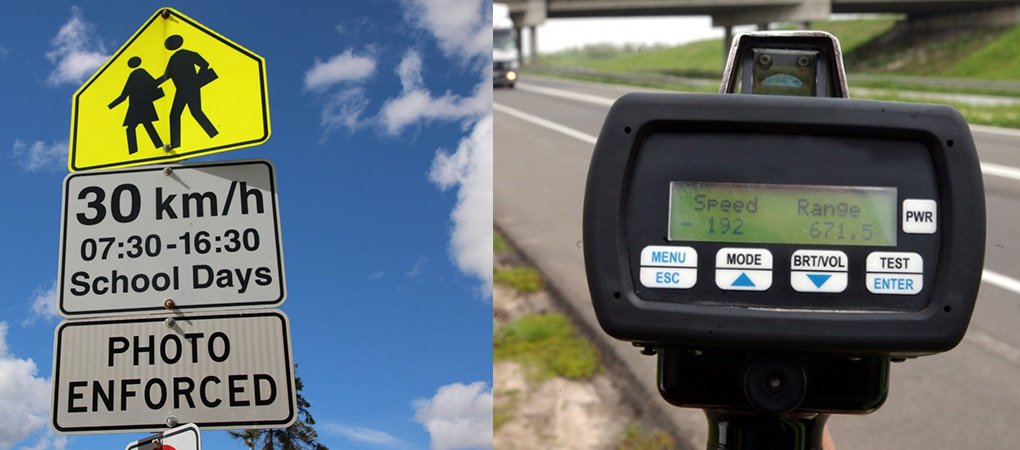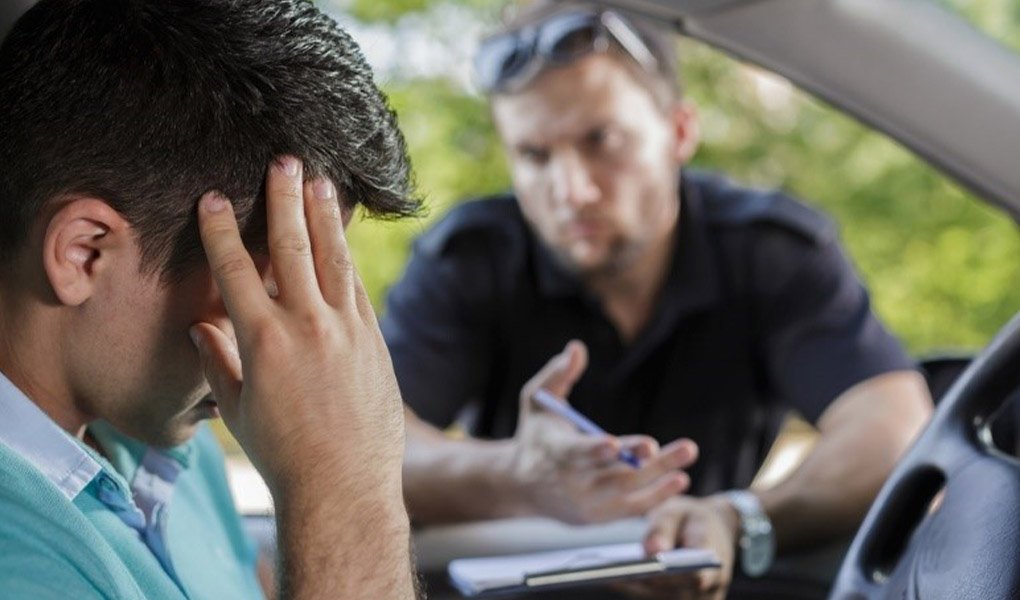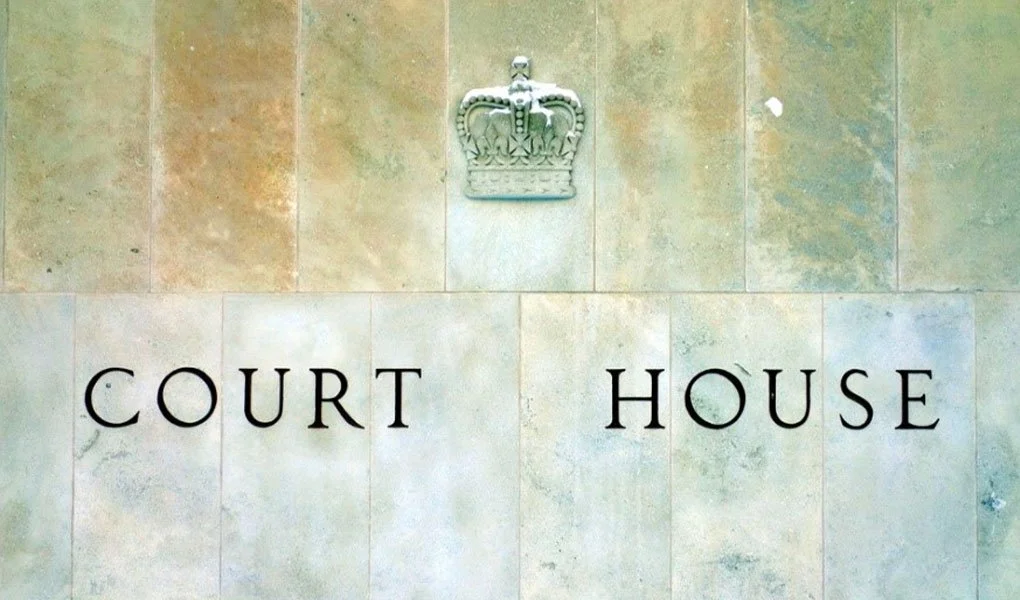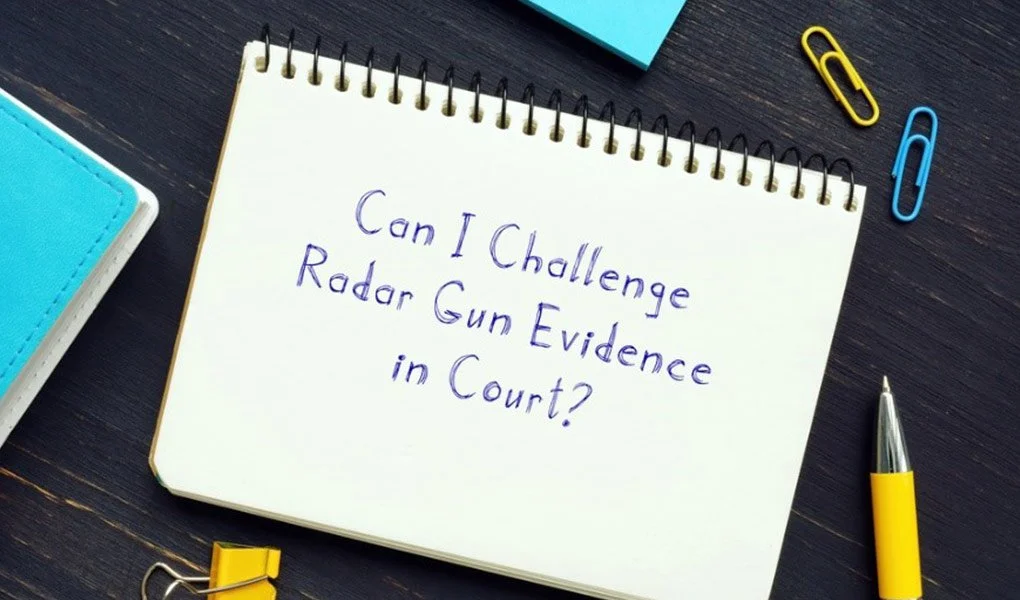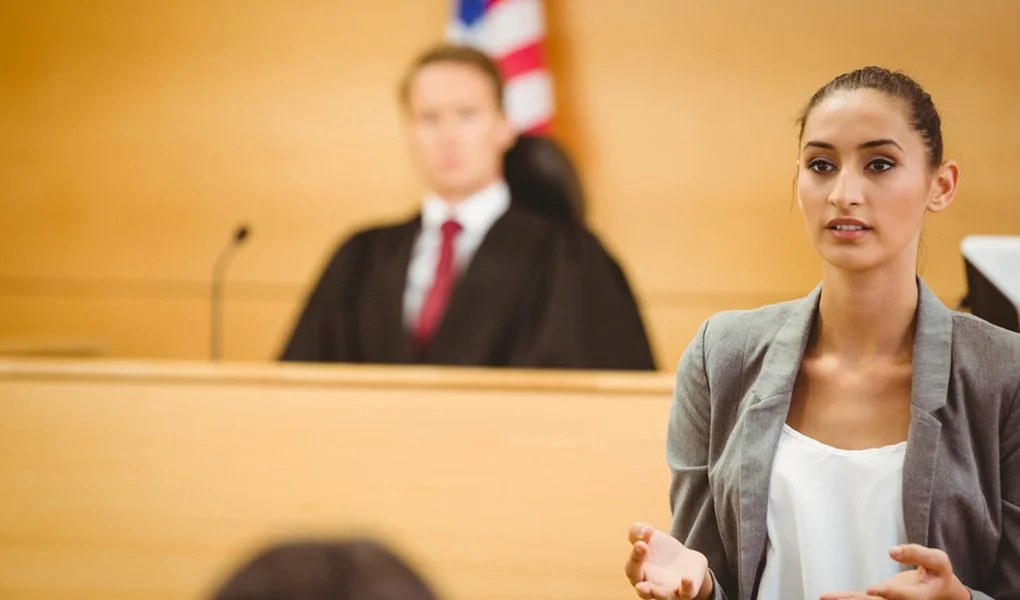Imagine you're driving down the highway, jamming to your favorite tunes, when suddenly, you see those dreaded flashing lights in your rearview mirror. You've been caught speeding. But what if there was a way to fight your speeding ticket and potentially have it dismissed? In this blog post, we'll explore the various types of speeding tickets, essential steps to contesting them, and common defence strategies to help you win your case, including "What is the best defence for a speeding ticket?"
Key Takeaways
Understand the types of speeding tickets and their associated punishments.
Familiarize yourself with essential steps to fight a ticket, such as attending court, requesting disclosure, and carefully considering plea deals.
Consider potential consequences on insurance premiums and driving records when deciding whether to contest or pay the ticket
Understanding the Types of Speeding Tickets
Understanding the different types of speeding tickets - absolute, presumed, and basic speed limit violations, is a prerequisite for formulating efficient defence strategies. Recognizing the category of your ticket is key since potential defences are tailored to the specific traffic violation.
The ramifications of a speeding ticket can be significant, including increased insurance premiums and demerit points on your driving record.
Absolute Speed Limits
Speed limits are unambiguous. They don't leave any room for interpretation. You've violated the law if you drive faster than the posted speed limit. Penalties for breaching absolute speed limits can range from small fines for minor infringements to larger fines and even licence suspension or jail time for excessive speeding. Common defences for absolute speed limit tickets include challenging the precision of the officer's speed measurement, which can potentially lead to having the ticket dismissed.
Specific laws governing absolute speed limits vary by province. For example, some provinces may have a maximum limit of (110 km/h), while others may have different default speed limits. Driving at the same speed across different provinces may not ensure compliance, so verifying the speed limit laws of your current province is vital.
Presumed Speed Limits
Presumed speed limits offer more flexibility in defence. You can contest a presumed speed limit violation by either disputing the officer's estimation of your speed or asserting that you were travelling safely for the existing road conditions.
A recommended defence strategy for a presumed speed limit violation is to argue that, although you may have been driving slightly above the posted speed limit, the conditions on the highway at the time allowed for a safe level of speed. This requires presenting evidence to support your claim, such as road conditions and the speed of surrounding traffic.
Basic Speed Limits
Drivers must abide by speed limits and drive at a safe speed according to traffic laws. Ignoring this responsibility may lead to dangerous consequences. The burden of proof in these cases lies with the government, which must demonstrate that you were driving in an unsafe manner. It's possible to be charged with speeding for violating a basic speed law even if your speed was below the posted limit.
To fight a basic speed law ticket, you can challenge the officer's determination that you were travelling excessively, considering the prevailing driving conditions. This might involve presenting evidence of safe driving practices and considering road conditions, such as adjusting your speed to match conditions and maintaining a safe stopping distance.
Essential Steps to Fight Your Speeding Ticket
With a clear understanding of the types of speeding tickets, we can now discuss the necessary steps to contest one. These steps include attending court, requesting disclosure, and exercising caution when considering plea deals. Adhering to these steps can enhance your odds of ticket dismissal and reduce the financial implications.
Attend Court
Attending traffic court can improve your likelihood of having the ticket dismissed, particularly if the police officer who issued the ticket is absent. The result will likely be an automatic win if the police officers don't attend. However, it's still important to be prepared to present your case and any evidence supporting your defence.
It's also good to familiarize yourself with the court process and understand what to expect during your trial. Consider seeking counsel from an expert or researching your area's applicable laws and regulations to ensure you're well-prepared for your court date.
Request Disclosure
When contesting a speeding ticket, obtaining disclosure is vital. It grants access to the officer's notes and calibration records, aiding your defence construction. You can request disclosure by sending a mail or fax to the Prosecutor's Office at the court location where your trial will be held.
The officer's notes typically include the date, time, and location of the alleged offence, the speed at which you were clocked, and any observations made by the officer. Calibration records verify that the radar or lidar gun used by the officer was properly calibrated and functioning correctly at the time of the alleged offence. These records can be used to challenge the accuracy of the speed measurement, which may help get your speeding ticket dismissed.
Be Wary of Plea Deals
Plea deals may seem attractive initially, as they often involve reduced fines or avoiding a trial. However, accepting a plea deal can still affect your insurance premiums and driving record. Pleading "guilty with an explanation" is still a guilty plea and will impact your insurance coverage, whereas pleading "not guilty" is the desired outcome.
Before agreeing to any plea deal, consider the potential pitfalls, including:
Admitting guilt when innocent
Relinquishing certain rights
Chances of coercion
Risks of injustice or unfair treatment
Consider your options and consult an expert to ensure you're making the best decision.
Common Defenses and Strategies
After covering the essential steps, we can explore common defences and strategies for contesting a speeding ticket. Challenging the officer's speed measurement, proving safe speed for conditions, and demonstrating errors in the officer's notes are all potential ways to contest a speeding ticket and increase the likelihood of a successful outcome.
Challenging Officer's Speed Measurement
One common defence for speeding tickets is challenging the officer's speed measurement accuracy. Police typically use radar or laser speed guns to measure a vehicle's speed. While these devices are generally considered reliable, there have been instances where speeding tickets were erroneously issued due to inaccurate readings.
To challenge the officer's speed measurement, you can question:
The accuracy of the speed-measuring device
The officer's experience in using the device
The officer's ability to accurately estimate the speed of your vehicle
Your speeding ticket may be dismissed if you can successfully argue that the officer's speed measurement was inaccurate.
Proving Safe Speed for Conditions
Another defence strategy for presumed speed limit violations is proving that the speed driven was safe for the road and weather conditions at the time of the alleged offence rather than being at an unsafe speed. This might involve presenting evidence of the conditions, such as weather reports, road maintenance records, or photographs of the road conditions.
Additionally, you can provide evidence of your driving behaviour, such as maintaining a safe stopping distance, adjusting your speed to match conditions, and adhering to the speed limit as a maximum under ideal conditions. If you can demonstrate that you were driving at a safe speed for the conditions, your speeding ticket may be dismissed.
Demonstrating Errors in Officer's Notes
Discrepancies or mistakes in an officer's notes can serve as a defence mechanism when contesting a speeding ticket. Common errors in officer's notes include:
Mistakes or inaccuracies in the information provided
Incomplete or missing information
Incorrect penalty or section number
Inconsistent notes regarding the location of the infraction
By pointing out these errors in court, you can challenge the credibility of the officer's testimony and potentially have your speeding ticket dismissed. Requesting disclosure is crucial to acquire the officer's notes and spot any inaccuracies or inconsistencies for your defence.
Additional Factors to Consider
While the aforementioned defences and strategies can effectively fight a speeding ticket, there are additional factors to consider when deciding whether to contest the ticket. These factors include the severity of the offence, such as speeding in school or construction zones, and the impact of the ticket on your insurance premiums and driving record. Understanding these factors can help you make a more informed decision on whether to fight or pay the ticket.
Speeding in School or Construction Zones
Speeding in school or construction zones is a serious offence, often resulting in fines and penalties. These penalties are in place to encourage drivers to enroll in traffic school, where they can learn to:
Slow down
Be more cautious
Be aware of their surroundings
Reduce the risk of accidents
Protect pedestrians and workers
Deciding whether to contest a speeding ticket from a school or construction zone requires considering the seriousness of the traffic infraction and potential repercussions. The increased fines and penalties associated with these violations may warrant seeking professional help or exploring alternative defence strategies.
Impact on Insurance Premiums and Driving Record
Evaluating whether to contest or pay a speeding ticket demands consideration of the ticket's effect on your car insurance premiums and driving history. Paying a speeding ticket may lead to increased insurance premiums, depending on factors such as the degree to which you exceeded the speed limit and the number of speeding tickets on your driving record.
In addition to increased insurance premiums, a speeding ticket can also result in demerit points on your driving record, which could lead to license suspension or revocation. Weighing the potential financial and consequences can help you make a more informed decision on whether to fight or pay the ticket.
When to Seek Professional Help
In some cases, professional help may be necessary to fight a speeding ticket effectively. This can be especially true in cases involving accidents, complex arguments, or unsure how to proceed. In these situations, consulting with an attorney or other expert could provide valuable guidance and increase your chances of a successful outcome.
Got a Ticket? Fight it!
If you're looking for professional help to contest a speeding ticket, "Got a Ticket? Fight it!" is a reliable traffic ticket defence and assistance service with over 25 years of experience in Edmonton, Sherwood Park, and all over Alberta. They provide:
Representation for all infractions under the Traffic Safety Act
Free Consultation
Expertise in fighting speeding tickets.
"Got a Ticket? Fight it!" has earned favorable reviews from past clients. Rest assured that if you receive another violation, you can rely on their expertise and dedication to help you fight your speeding ticket!


